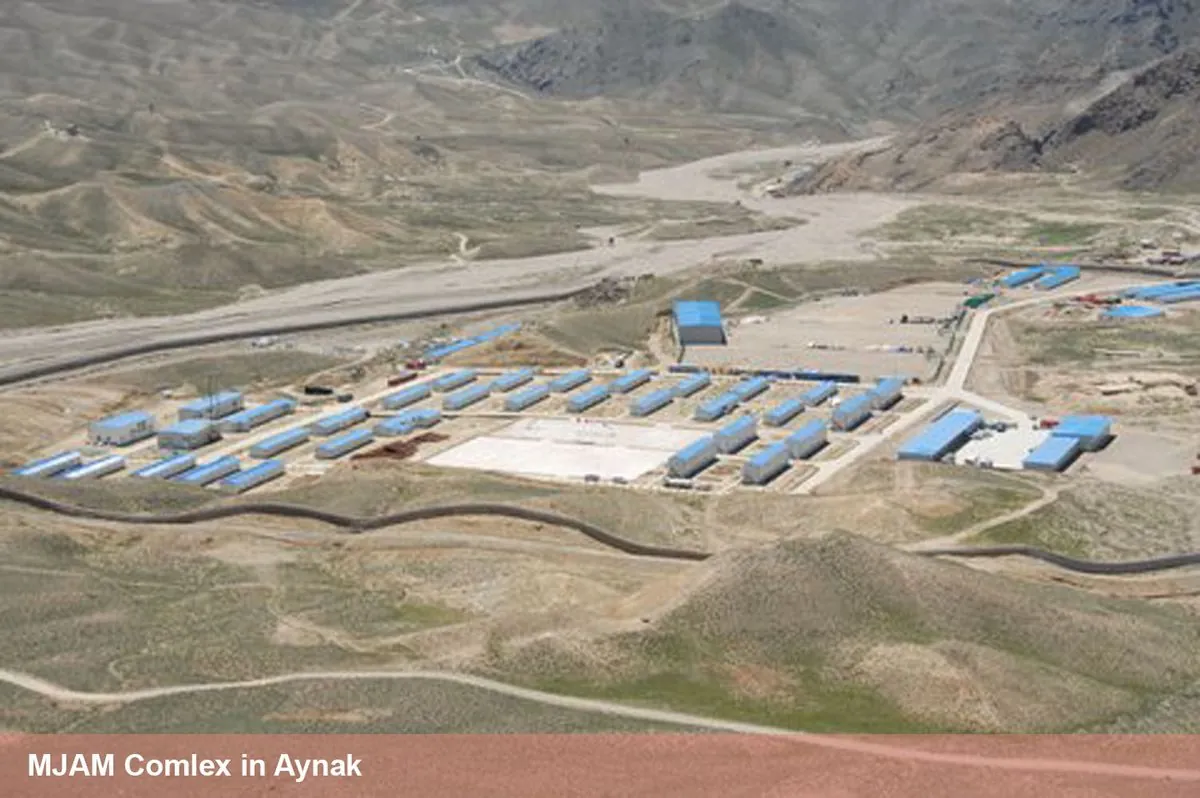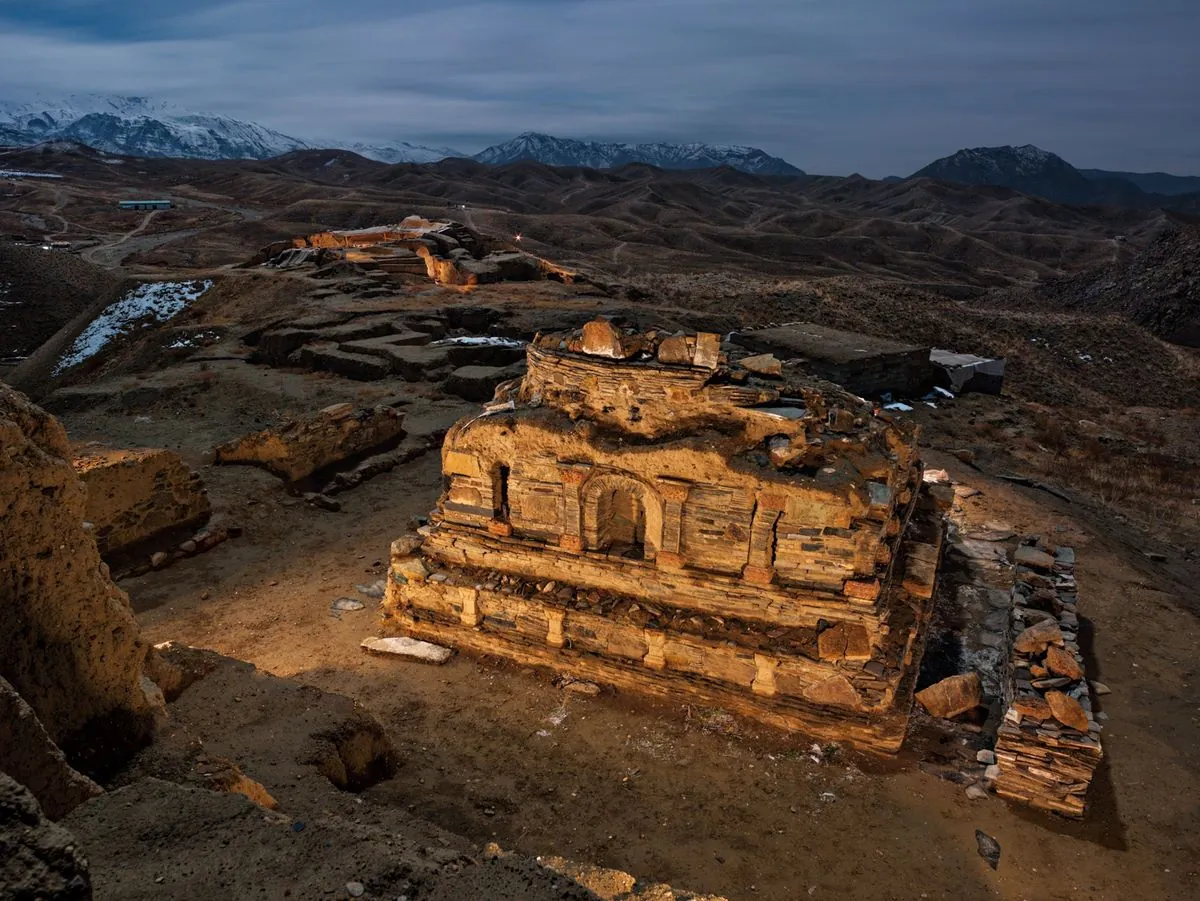Taliban and China Eye Afghanistan's Copper Riches Amid Challenges
The Taliban seeks to exploit Afghanistan's vast copper resources with Chinese support, facing numerous obstacles. The Mes Aynak project symbolizes their economic aspirations and China's pragmatic engagement in the region.

Three years after assuming control of Afghanistan, the Taliban are eager to capitalize on the country's mineral wealth, particularly its copper reserves. This endeavor is crucial for the group's economic recovery and international recognition, with China emerging as a key partner in this ambitious project.
Afghanistan's mineral resources, estimated at $1 trillion by U.S. assessments in 2010, position the country as a potential major player in the global raw materials market. The Mes Aynak copper deposit, located southeast of Kabul, is of particular interest, potentially being the world's second-largest copper reserve with an estimated 4.4 billion metric tons of copper ore.
The Taliban's focus on Mes Aynak is not new. In 2008, China Metallurgical Group Corp. secured a $3 billion, 30-year mining concession for the project. After years of delays, momentum seems to have returned with a recent ribbon-cutting ceremony for road construction to the mine site.
China's involvement in Afghanistan extends beyond mineral extraction. Since the Taliban's takeover in August 2021, Beijing has provided over 350 million yuan (approximately $49 million) in humanitarian assistance. China was also the first nation to appoint an ambassador to Afghanistan under Taliban rule, demonstrating its pragmatic approach to regional diplomacy.

However, the path to realizing Mes Aynak's potential is fraught with challenges:
- Security concerns, including threats from the Islamic State-Khorasan
- Lack of infrastructure (power, water, transportation)
- Regulatory and legal uncertainties
- Financial risks and market volatility
- Potential damage to historic archaeological sites
Despite these obstacles, the Taliban remain committed to the project, viewing it as integral to their vision of Afghanistan's role in regional connectivity. The group has expressed interest in joining China's Belt and Road Initiative and the China-Pakistan Economic Corridor, seeking deeper economic ties with Beijing.
For China, engagement with Afghanistan serves multiple purposes:
- Ensuring regional stability
- Securing access to critical minerals
- Advancing its own security and political objectives
"China is not stupid. They do not want to waste a lot of money and scarce resources on an investment that will yield very little if [Afghanistan] blows up in civil conflict again."
The success of the Mes Aynak project and similar ventures remains uncertain. The volatile nature of copper prices, combined with the myriad challenges facing Afghanistan, makes the extraction and export of these resources a complex and risky endeavor.
As Afghanistan seeks to leverage its mineral wealth for economic recovery and international legitimacy, the collaboration between the Taliban and China at Mes Aynak will be closely watched. The outcome of this project could have significant implications for Afghanistan's future and the broader geopolitical landscape in Central and South Asia.


































